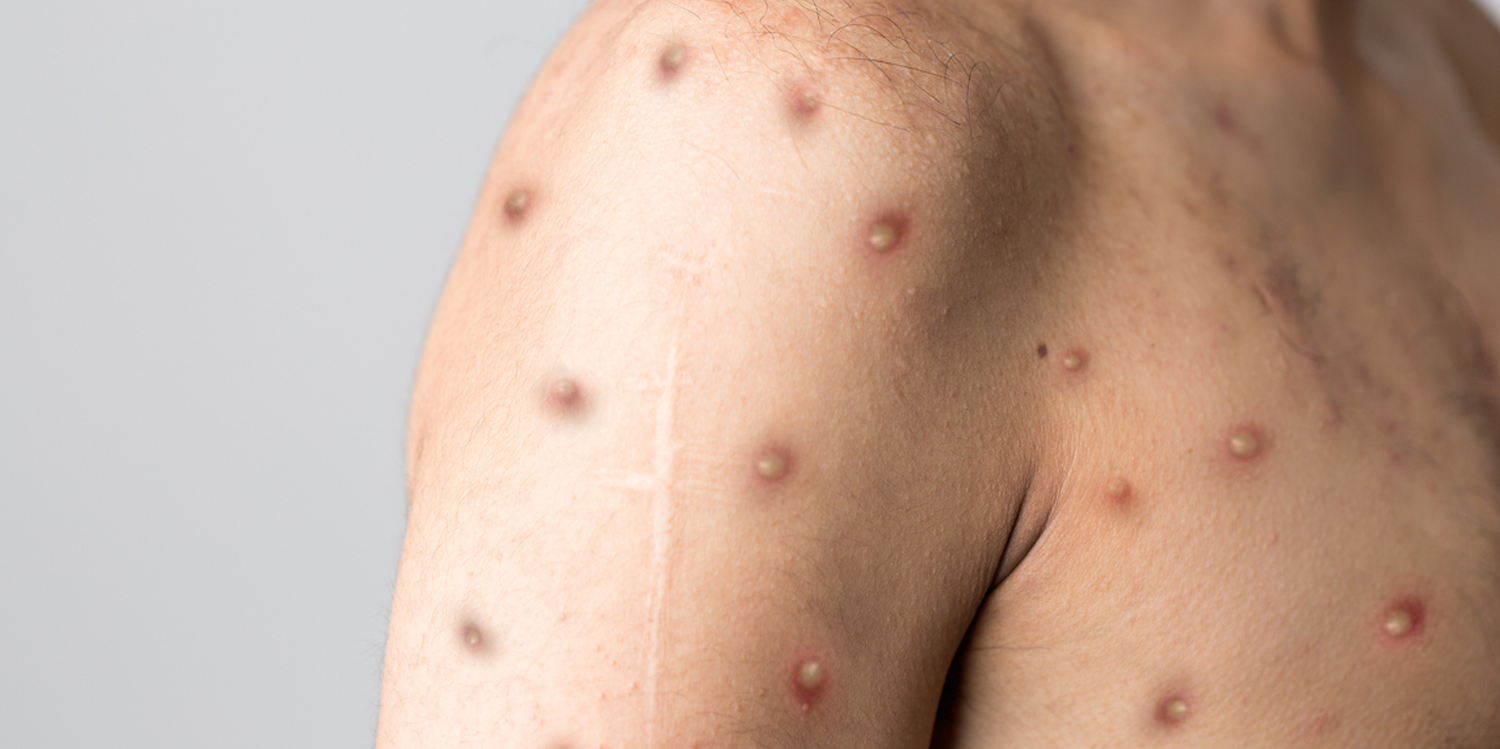Cases of locally acquired monkeypox cases are continuing to rise in Western Australia, the Department of Health has warned.
Since October 2024 there have been 15 cases reported in the state, all either confirmed or suspected to be clade II infections, the same strain currently circulating in the Eastern states.
WA Health’s Communicable Disease Control Director Dr Paul Armstrong said the rise in locally acquired cases highlights a need for preventative measures.
This should include making eligible people aware that there are free vaccines available to protect against the virus.
“The rise in locally acquired cases highlights the importance of community awareness and preventative measures, especially during the busy holiday season when social interactions may increase,” he said.
The majority of cases have been reported among the gay, bisexual and other men who have sex with men communities.
The higher risk among some communities is due to a large number of anonymous sexual contacts that have not been identified through contact tracing, Dr Armstrong said.
“Contact tracing is one of the most effective tools to track the spread of mpox, however, anonymous, and casual sexual encounters make this challenging,” he said.
“I encourage individuals who are engaging in anonymous sex via apps, at sex parties or at sex-on-premises venues, to take extra precautions. Use protection, retain partner contact details, and get tested if you experience symptoms – even if they are mild.
“Mpox can present with very mild symptoms, such as a single lesion or rash. If you notice anything unusual, it’s better to be safe and get tested.”
Symptoms of the virus usually start within three to 21 days of exposure and often include a rash, pimples or sores that later develop into fluid-filled lesions, pustules, or ulcers.
Some people also experience fever, headache, muscle aches, backache, or enlarged lymph glands.
Mpox is most commonly spread through sexual or intimate contact, but can also be spread through any skin-to-skin contact, contact with contaminated items such as bedding and towels and, rarely, through breathing in droplets from coughs and sneezes.
GPs should test for mpox if patients present with these symptoms. People who have any symptoms should avoid close or intimate contact with other people and see their doctor.
The mpox vaccine is free for those at higher risk, including sexually active men who have sex with men and their sexual partners, as well as sex workers and their sexual partners.
Two doses at least one month apart are required for optimal protection.
More information on mpox, including options for testing and diagnosis, can be found here.


